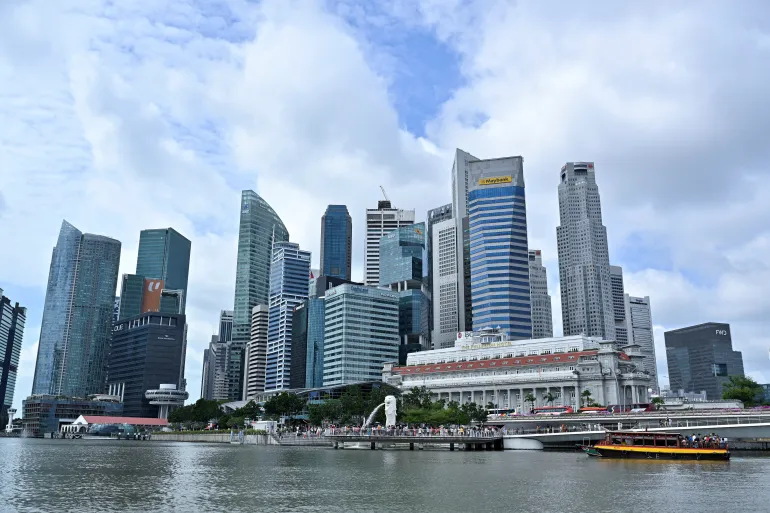Singapore’s image as a squeaky-clean business hub is under scrutiny amid a huge money laundering scandal that has so far resulted in 10 arrests and the seizure of assets worth 1.8 billion Singaporean dollars ($1.3bn), according to Al Jazeera.
Singapore police last month arrested 10 foreign nationals – aged between 31 and 44 – and raided residences, seizing luxury items including Hermes handbags, Patek Philippe watches, aged Macallan whisky, and Bentley and Rolls-Royce cars.
The suspects are all originally from Fujian in eastern China but include Cypriot, Turkish, Cambodian and Vanuatuan passport holders.
The Singapore Police Force has alleged the seized assets are the ill-gotten gains of organised crime committed overseas, including scams and online gambling, whose proceeds were brought into Singapore and filtered through the country’s financial institutions.
The case has cast a spotlight on Singapore’s reputation as a well-run, low-crime financial hub, or a “Switzerland of the East”.
It is also unwelcome news for Singapore’s ruling party, which has been rocked by a string of rare political scandals in the past few months, including a corruption probe involving the transport minister.
For would-be money launderers, the Southeast Asian city-state can be an attractive option due to its status as a major financial hub that offers an array of financial instruments, according to analysts.
“The large volumes of financial transactions that flow through our borders can make it harder for regulators to sift out illicit transactions,” Woo Jun Jie, a senior research fellow at the Institute of Policy Studies at the National University of Singapore (NUS), told Al Jazeera.
Money laundering can be conducted through various channels, from real estate and cryptocurrency to casinos and listed companies.
In the same way, drug traffickers are prepared to transit in Singapore as third countries are less likely to treat passengers coming from Singapore with heightened suspicion given the country’s ultra-strict drug laws, Tan said.
The Council for Estate Agencies (CEA), which regulates Singapore’s real estate industry, has said it is investigating property agents who might have facilitated property transactions related to the case.
In the property sector, stories of newly-arrived foreigners with suitcases full of cash abound, including cases of renters paying lease down payments upfront in cash despite the fact they do not have a work or residence visa.
In recent years, Singapore has celebrated its successes in luring the well-heeled to put down roots in the city-state.
The number of single-family offices has nearly doubled since the end of 2020, from 400 to about 700, according to the Economic Development Board (EDB).
Wealthy foreigners have also been drawn by the Global Investors Programme, which grants a fast-track to permanent residency to investors, though the scheme recently put stricter requirements in place.
The Monetary Authority of Singapore has been developing a digital platform, COSMIC, to allow financial institutions to securely share information on customers who exhibit multiple “red flags” that may indicate potential financial crimes.
New rules in June also mandated due diligence checks by property developers on potential buyers and reports on any suspicious practices.
In the Basel AML Index 2022, which assesses the risk of money laundering and terrorist financing, Singapore ranks 100 out of 128 – where 128 is the lowest risk – ahead of other financial hubs like Dubai and Hong Kong.
Singapore has been previously embroiled in a number of financial scandals in which banks have been fined and individuals handed prison terms.
Following the 1 Malaysia Development Board (1MDB) scandal, MAS shut down the local branch of Switzerland-based BSI Bank over gross misconduct, while former BSI banker Yeo Jiawei was sentenced to 54 months imprisonment for various offences, including money laundering.









